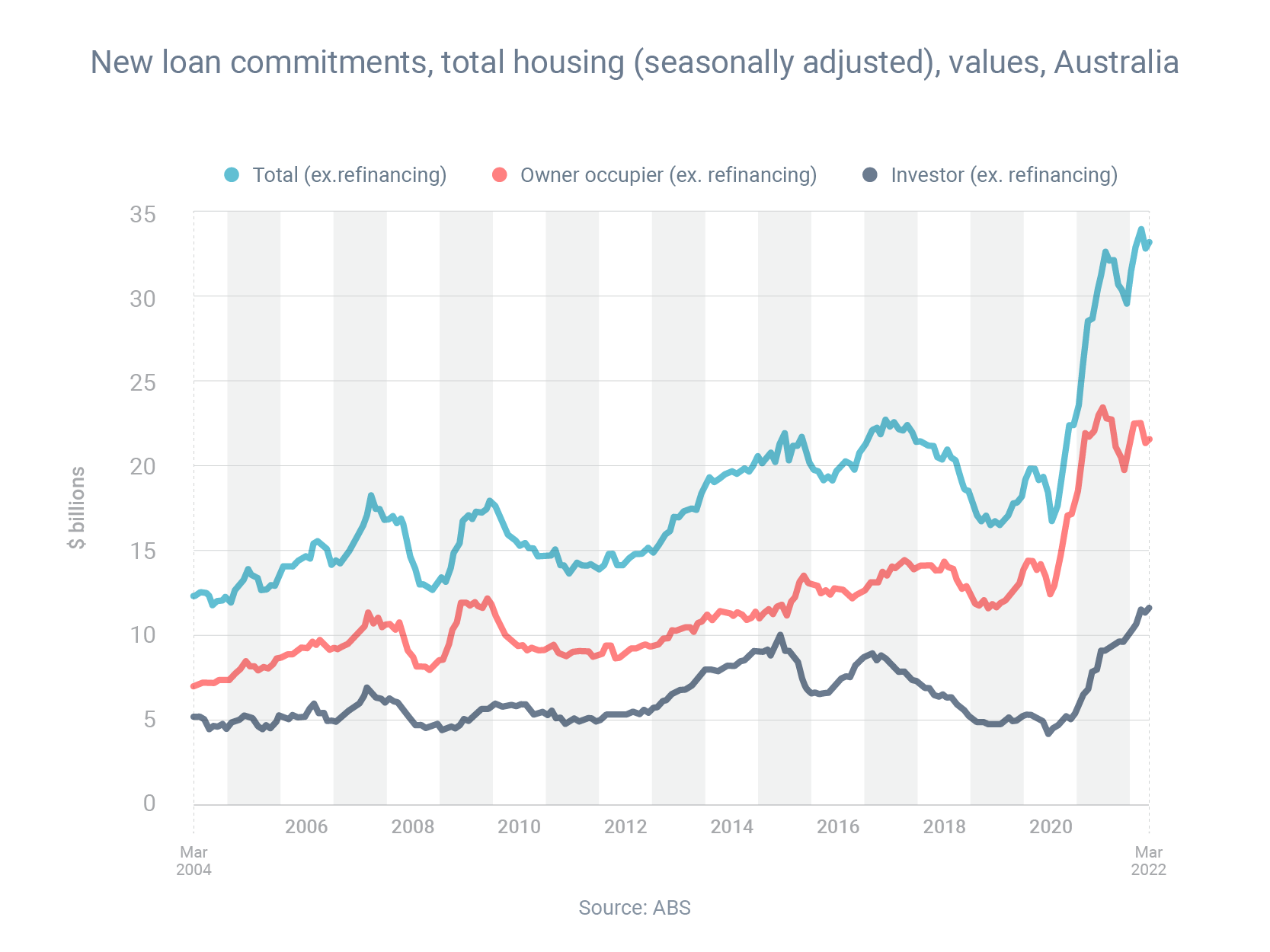The Reserve Bank recently increased official interest rates by 0.25 percentage points and has signalled more rate rises are on the way. But don’t panic. Instead, fight back.
How? By refinancing to a comparable home loan with a lower interest rate.
When you refinance, you’ll have to go through the same qualification process you experienced when you took out your current home loan.
So look for ways to reduce your expenses and increase your savings rate.
Consider lowering your credit card limit, as a higher limit will reduce your borrowing capacity, even if you pay off your entire credit card debt each month.
Maintain or even increase your credit score by paying all your bills on time and, possibly, closing out any personal or car loans you might have.

When can you refinance a home loan?
You can refinance your home loan at anytime. If you have just come into an inheritance or large payout, it may make sense to pay off a large portion of your loan.
However, there maybe some terms and conditions in your loan contract which you need to be aware of. You may be subject to certain fees if you break your loan contract early. It is recommended that you understand the full cost of refinancing to make sure the benefits outweigh the costs for you.
Many home owners look to refinance inline with a life event, or when their fixed rate term is coming to an end.
When does it make sense to refinance?
As rates change, it is important not to make panic decisions regarding your loan. Refinancing may not be the most suitable solution depending on your loan structure, loan term and financial situation.
Some circumstances where you may consider refinancing include:
- Save money by reducing home loan repayments
- The fixed rate period your loan is expiring
- You can afford to pay more off your loan
- You want to increase your loan and take cash out/ access your equity
- You want to consolidate other debts, which may include credit cards or business loans
Refinancing may involve costs, especially if you are breaking a fixed loan.
How can you get better refinance rates?
Refinancing will require an assessment similar to when your first took out your loan. So if you are considering refinancing, you can do a few things to support your application for competitive rates.
- Check your credit file to ensure that the information there is correct and accurate
2 Improve your credit rating by resolving any issues that your credit file check may have raised
- Reduce your debt
- Consolidate debts where you can and reduce the number of credit cards
- Lock in your refinance rate
When does refinancing a mortgage not make sense?
There are some circumstances where refinancing won’t make sense for your circumstances. Some instances where the savings may not be enough to make refinancing worthwhile include:
- You have a prepayment penalty
- You’re selling and moving soon
- Your refinancing fees are too expensive
- You’re almost done paying off your mortgage
What’s involved with refinancing?
Refinancing is similar to applying for your initial loan. Based on your financial situation and goals, we will find the most suitable options from our panel of lenders.
Lenders have different mortgage rates and loan types. As your Mortgage Broker, we work for you to find your loan options.
Once you have decided on your new loan, we will need to submit an application. We will require your financial details for assessment, including information about your income, debts and assets.
Understand your refinance costs
As mentioned previously, if you are breaking a fixed-rate loan, you may be subject to fees due to breaking your loan early.
Understanding all costs involved with refinancing and what you want to achieve will help you determine if it is worth refinancing.
Talk to your mortgage refinancing experts!
We work with a large panel of lenders, many of which offer special deals to people who refinance, so there’s a good chance we can help you switch to a lower-rate loan. That will help offset any future rate rises.
Refinancing your home loan is not a silver bullet to cash flow challenges. Often refinancing comes with upfront costs like an early exit, break and application fees, plus Lenders Mortgage Insurance (LMI).
Our experts will help you weigh the upfront costs of refinancing against potential long-term savings and benefits. So you can make an informed decision as to whether refinancing is the best solution for you.
Talk to our team to find out if refinancing is the right solution for you.
Disclaimer:
Terms are subject to approved persons only. This information is true and correct as of 5/05/2022. All of the content above is general in nature and may not suit your personal needs, situation objective & goals.


